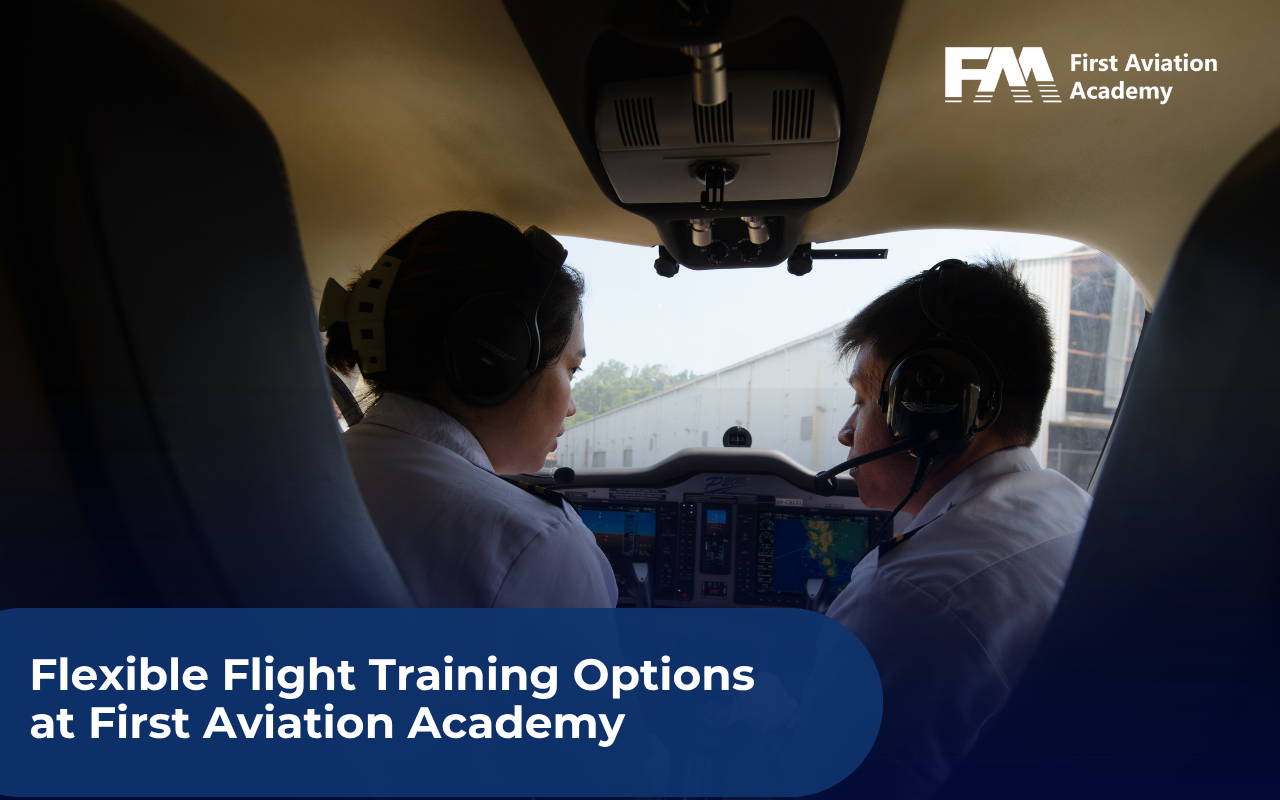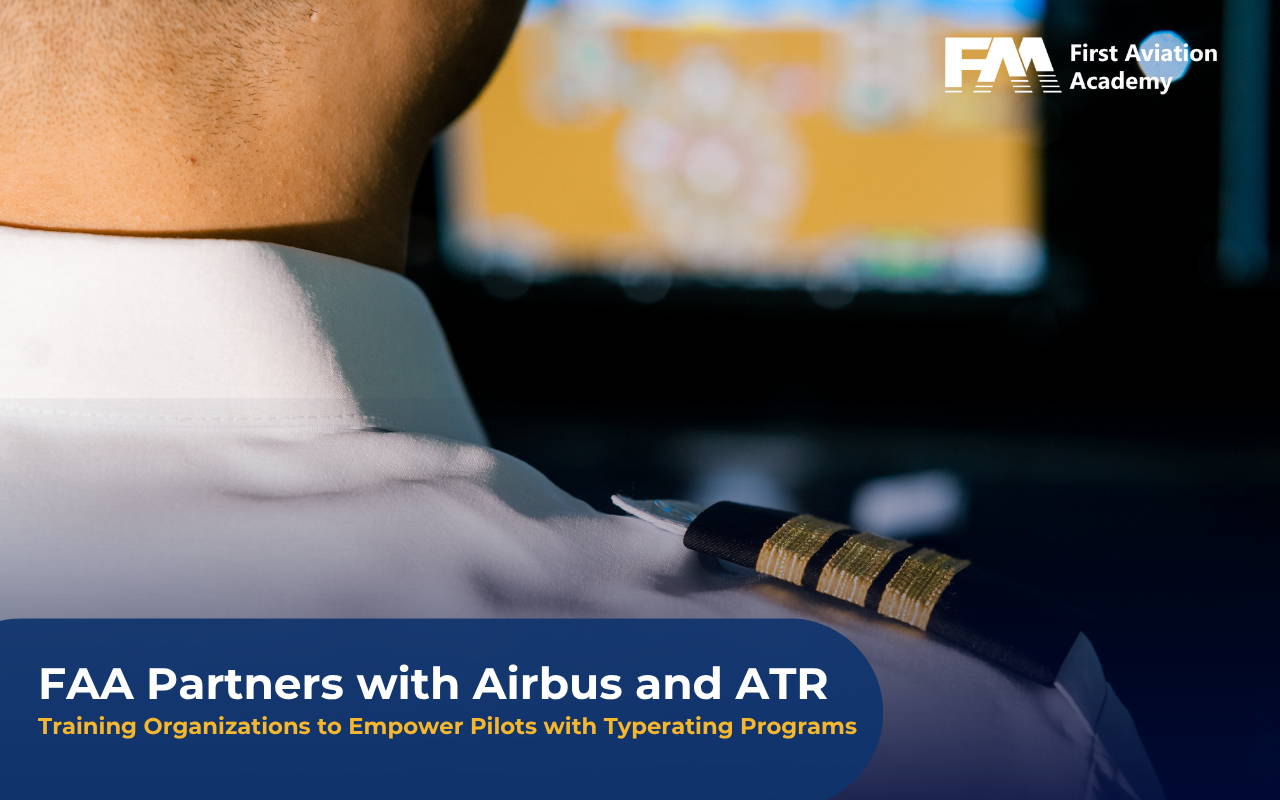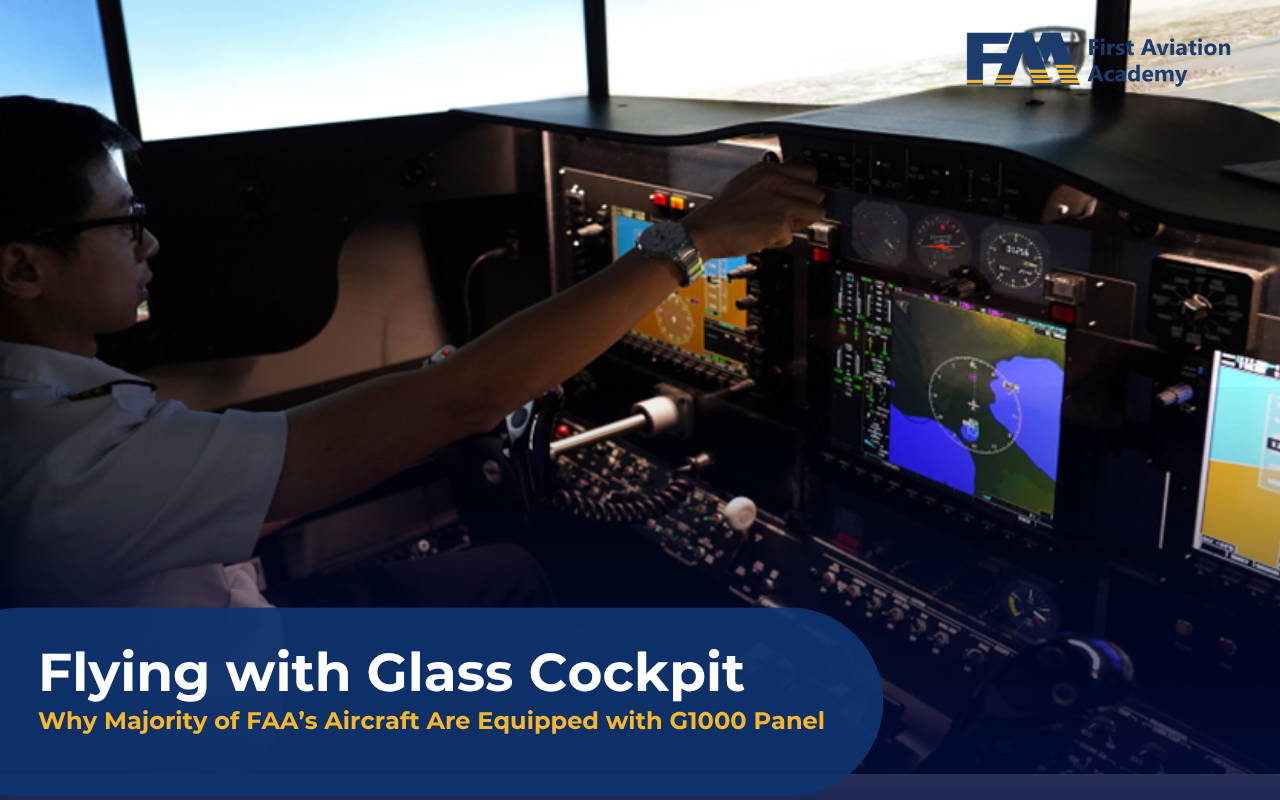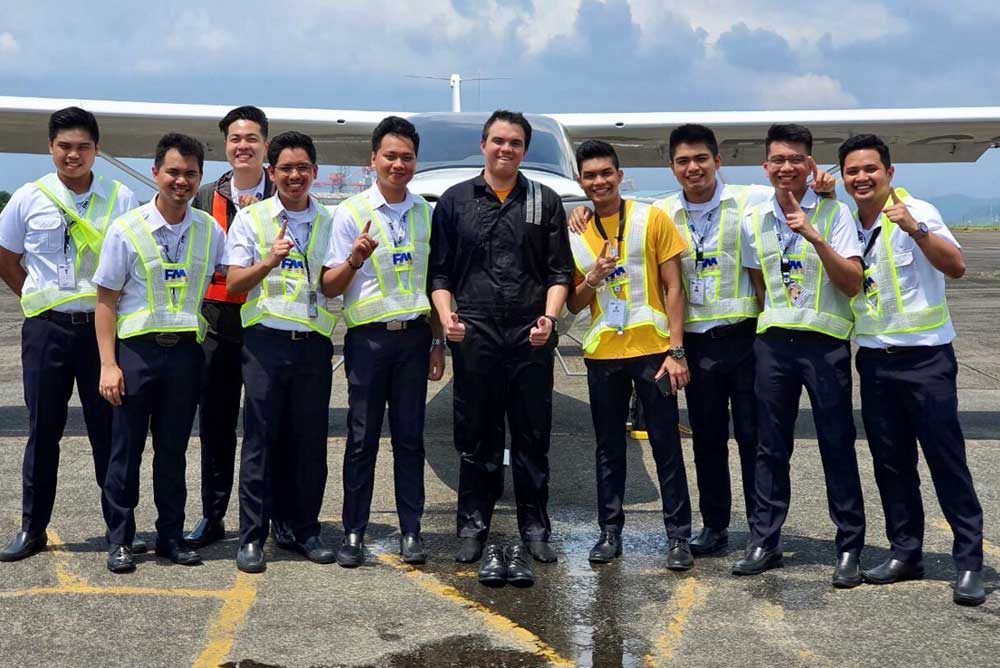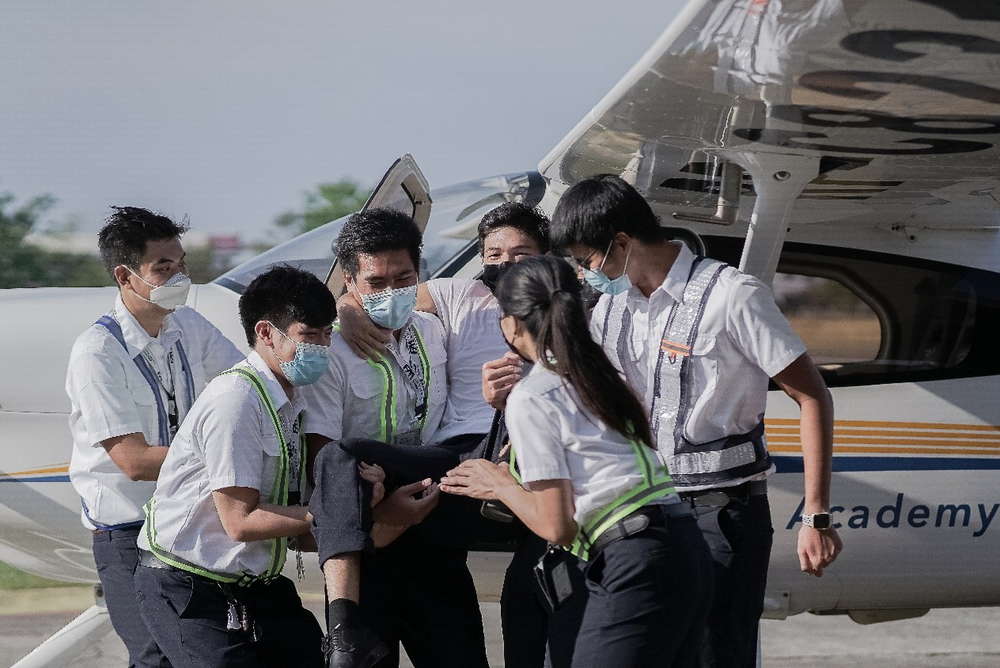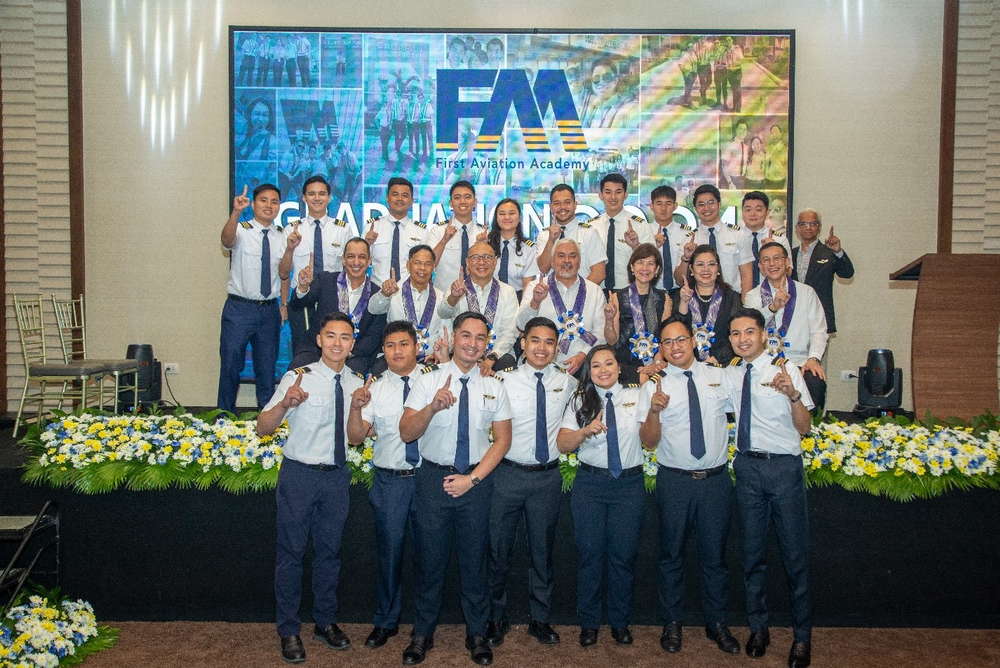Instrument flying is the ability to fly an aircraft using only the instruments of the cockpit, rather than relying on visual cues outside the aircraft. It is an important skill for pilots because it allows them to fly in conditions where visibility is limited, such as in clouds or at night.
Instrument flying in pilot training is important for several reasons:
1. Safety
Instrument flying allows pilots to navigate and maintain control of the aircraft in adverse weather conditions, such as low visibility, storms and turbulence, which in turn increases the safety of the flight.
2. Efficiency
Instrument flying allows pilots to fly in a more efficient manner, as they can fly at higher altitudes and avoid weather, which can save time and fuel.
3. Career Opportunities
Many airlines require pilots to have an instrument rating, as it allows them to fly in a wider range of condition and increases their flexibility as a pilot which is very important for the airlines when hiring an airline pilot.
4. Meeting regulatory requirements
Instrument Flight Rules (IFR) require pilots to be able to fly solely by reference of the instruments, and are mandatory in certain conditions such as flying in clouds or at night.
First Aviation Academy’s fleet is composed of mostly instrument-rated aircraft using G1000 glass cockpit. They offer Instrument Rating using the Cessna 172 and Tecnam P2010 in their cadetship and modular programs.



